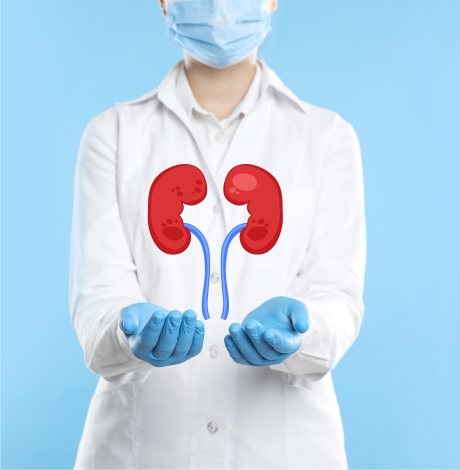
What’s the Current Kidney Transplant Cost in India?
Each year, 2,20,000 cases need a kidney transplant in India. Yet, we only see around 7,500 cases getting registered annually and treated. Fascinatingly, more than 80% of kidney transplant cases are performed under living donors. Your kidneys are crucial for blood cleansing, BP control, RBC production regulation, and salt balance. But with end-stage renal disease (ESRD) leading to the accumulation of toxic waste in the body, a kidney transplant becomes a crucial treatment option. For individuals with acute renal failure, or ESRD, a transplant offers a second chance at life by improving and prolonging their health. As the most effective solution for many patients with chronic kidney failure, a kidney transplant can restore normal kidney function, significantly enhancing their quality of life.
A kidney transplant can involve a donor kidney from a living relative, a paired donor, or a deceased donor. Before the procedure, the donor’s kidney is matched for tissue and blood type to reduce rejection risks. During the surgery, the new kidney is implanted without removing the diseased kidneys, and its blood vessels and ureter are connected. Prior to the transplant, patients undergo a thorough evaluation, including physical exams, diagnostic tests, and educational sessions, to confirm eligibility for the procedure.
As per the treatment package, success rate, medications required, and many other factors, the cost ranges from Rs. 5,00,000 to Rs. 12,00,000. It costs approximately Rs. 8,50,000.





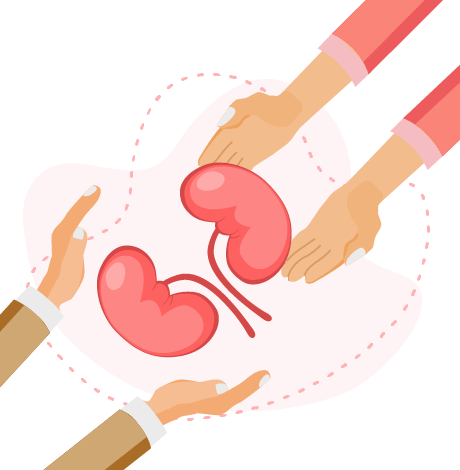
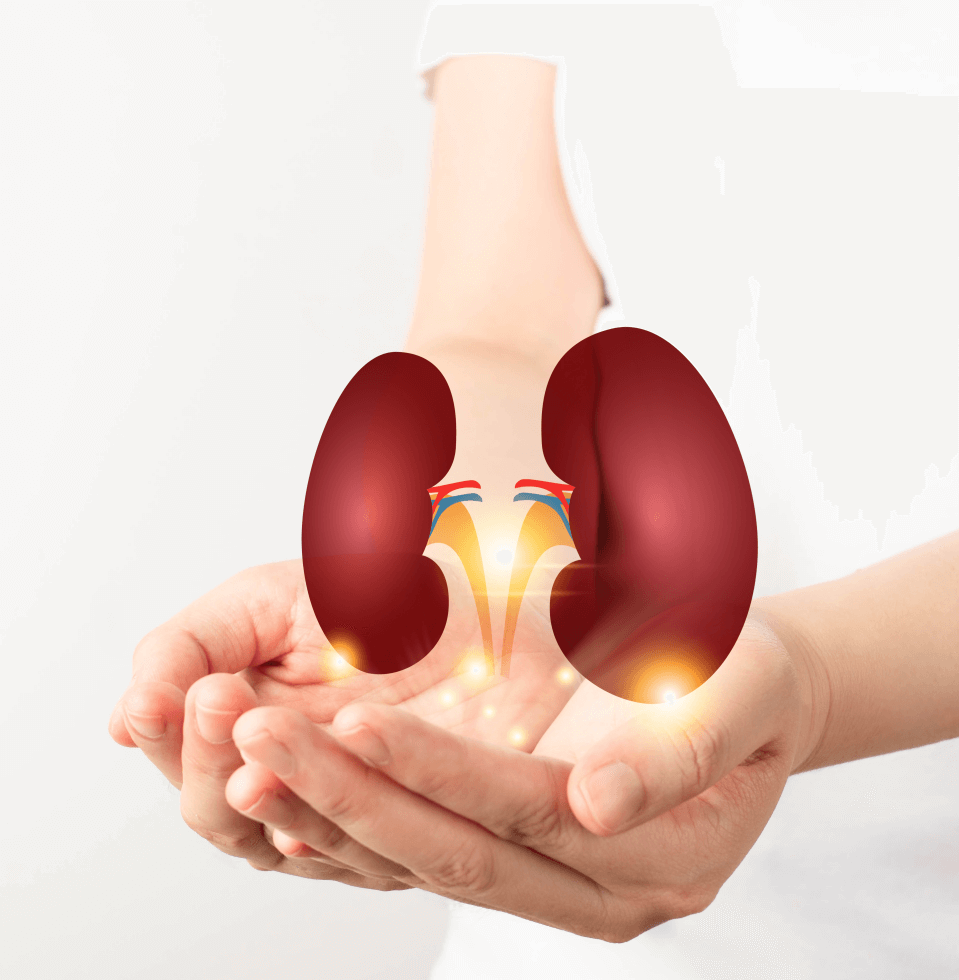
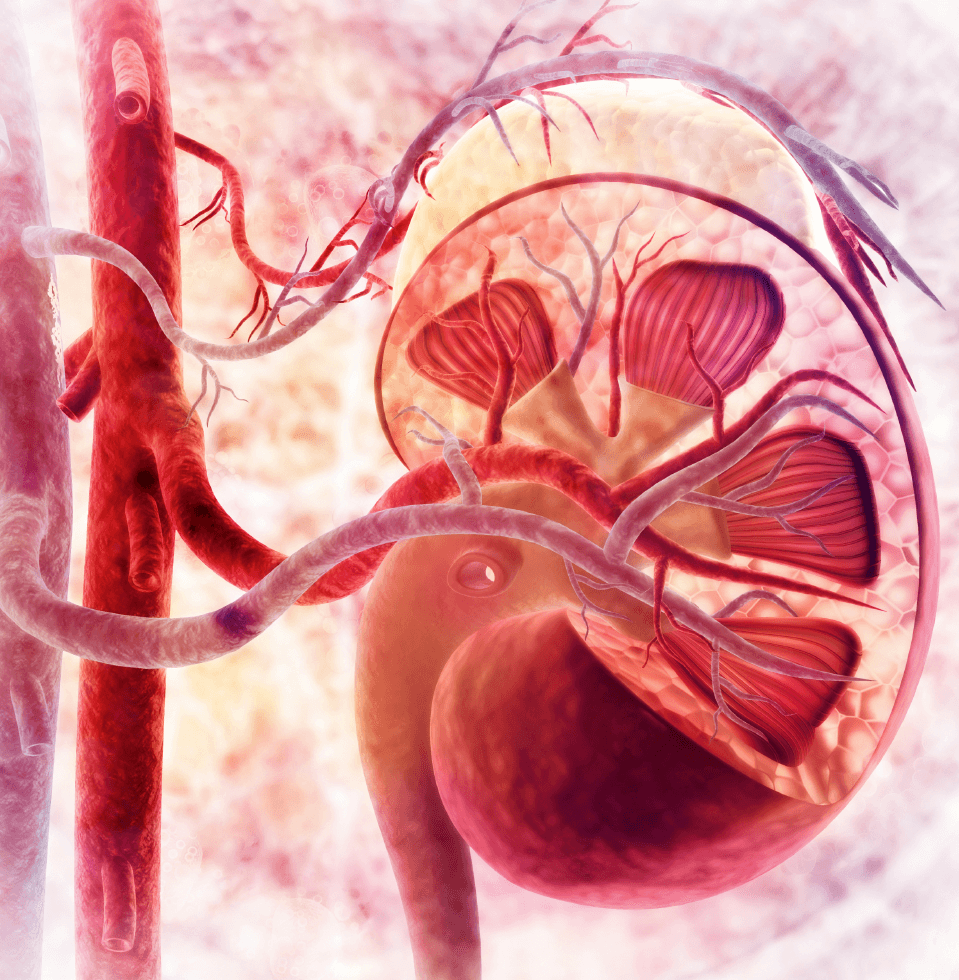
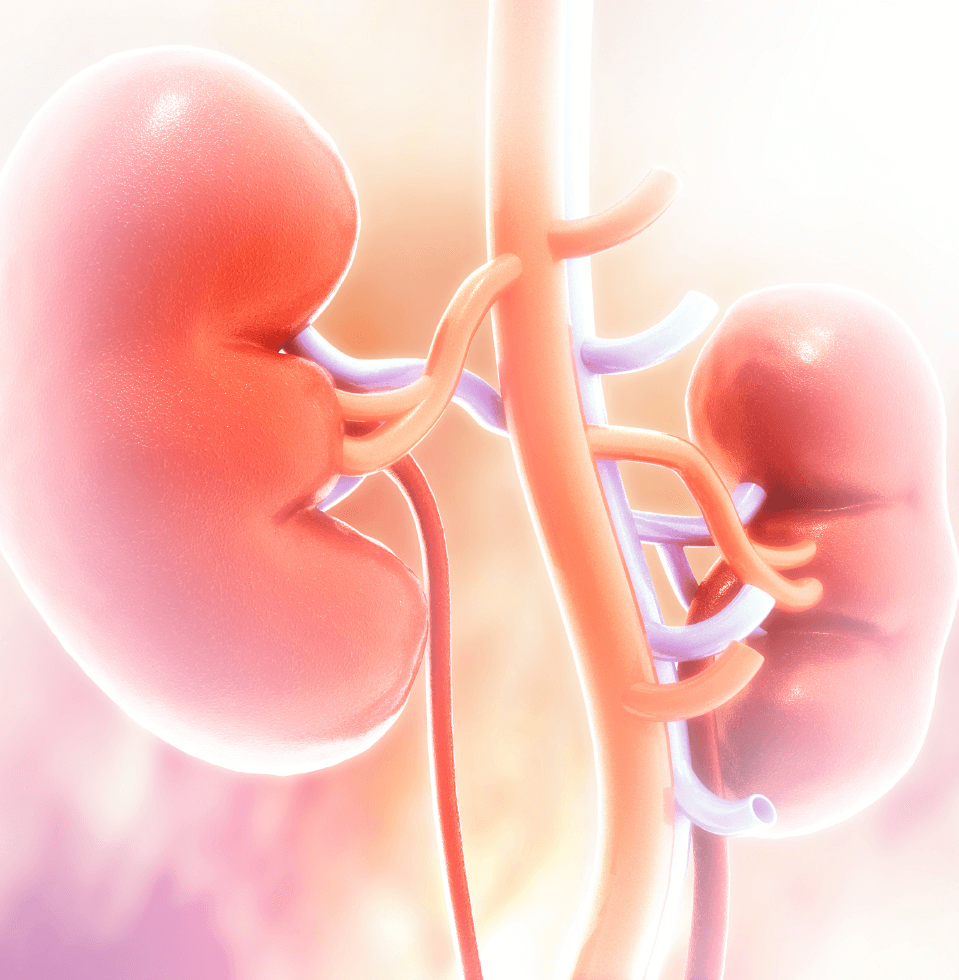
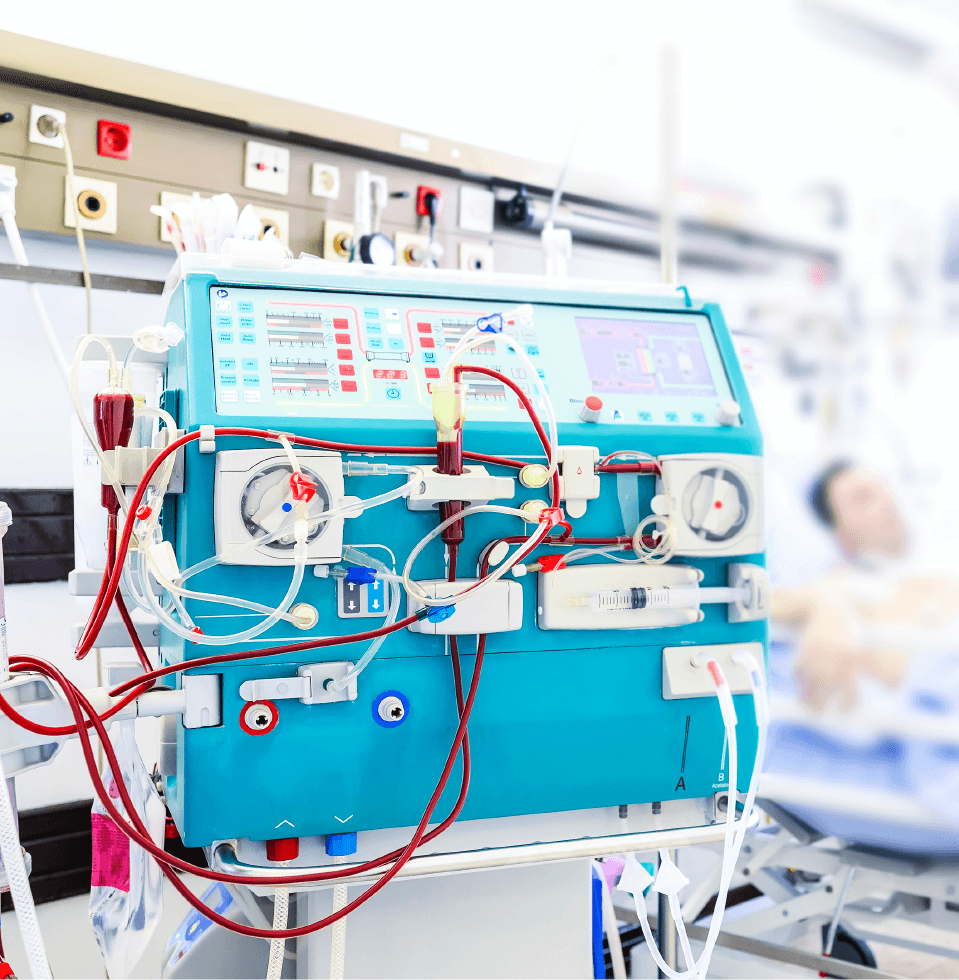




 Appointment
Appointment WhatsApp
WhatsApp Call
Call More
More

